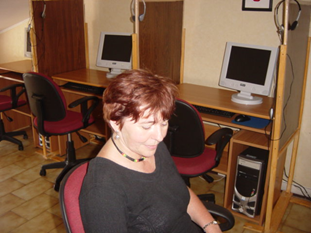Identity formation of the profession in a latecomer political science community

Latecomer political science communities have faced multiple challenges in the past decades, including the very establishment of their professional identities. Based on the case study of Hungary, this article argues that publication performance is a substantial component of the identity of the political science profession. Hungary is a notable example among Central and East European (CEE) political science academia in the sense that both the initial take-off of the profession and then its increasing challenges are typical to the CEE region. In an inclusive approach, which encompasses all authors published in the field between 1990 and 2018, as well as their publication record, the analysis demonstrates that political science has undergone major expansion, quality growth and internationalisation but these performance qualities are unevenly spread. These reflect important aspects of the profession’s identity. This agency and performance-based approach to identity formation might well be used to build up identity features elsewhere and in a comparative manner.
Molnár, G. T., & Ilonszki, G. (2021). Identity formation of the profession in a latecomer political science community. European Political Science, 20(1), 139–158. https://doi.org/10.1057/s41304- 021-00318-w

Ilonszki, Gabriella is Professor Emerita at the Department of Political Science at Corvinus University of Budapest. Her research interests include comparative political studies with a Central and East European focus. Her more recent publications include Coalition Governance in Central Europe. (co-editor with Torbjörn Bergman and Wolfgang C. Müller) Oxford University Press, 2019. and Vajda, Adrienn and Gabriella Ilonszki (2021) Gendered Parties and Gendered Voters in Hungary? “Plus ca change, plus c’est pariel.” East European Politics, https://doi.org/10.1080/21599165.

Gábor Tamás Molnár is Ph.D. Candidate at the Doctoral School of International Relations and Political Science and Assistant Lecturer at the Department of Public Policy and Management at Corvinus University of Budapest. His research focuses on the institutionalisation, governance, and public policy role of professional communities. His Recent and forthcoming publications include Molnár, G. T. (forthcoming in 2021). The Policy Advisory Roles of Hungarian Political Scientists. In Brans, M. and Timmermans, A. (eds). The Advisory Roles of Political Scientists in Europe. Palgrave Macmillan and Molnár, G. T. (2020). What do business associations do? Corvinus Journal of Sociology and Social Policy, 11(1), https://doi.org/10.14267 /CJSSP .2020.1.3.